Infrastructure
Vizhinjam Port: Church Announces ‘Temporary’ Halt To Protests After Talks With Kerala CM
India Infrahub
Dec 07, 2022, 12:16 PM | Updated 03:28 PM IST
Save & read from anywhere!
Bookmark stories for easy access on any device or the Swarajya app.
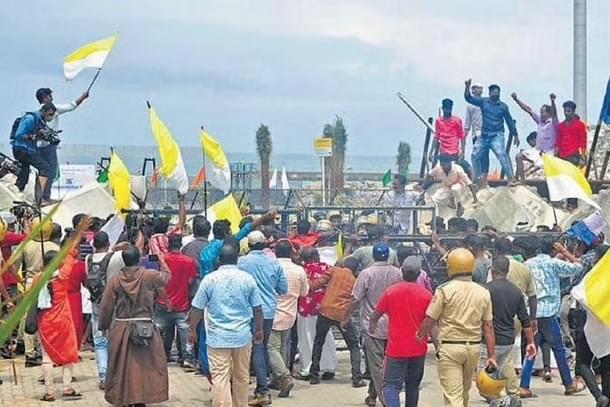
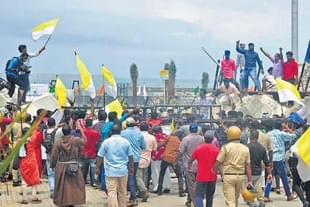
The 138 days long protest against the construction of Vizhinjam Transshipment hub came to an end.
The Latin catholic church which led the protests against the port project in Kerala has ‘unsatisfactorily’ declared a ‘temporary truce.’
This decision was announced by Church’s Vicar General Eugine Pereira after a closed-door meeting with Chief Minister Pinarayi Vijayan.
"For now we are calling it off. Protests do not always come to an end only after achieving their objectives. Each protest has several phases. One such phase of the protest has ended in a consensus," Pereira told reporters after meeting the Chief Minister.
He, however, said the protest was not being called off because they were satisfied with the steps taken or promises made by the state government.
"We have not arrived at this decision because we are satisfied," he said and added that if required, they will take up the agitation again.
A source in the Chief Minister's Office told PTI that several rounds of discussions were held during the day before the protest was called off.
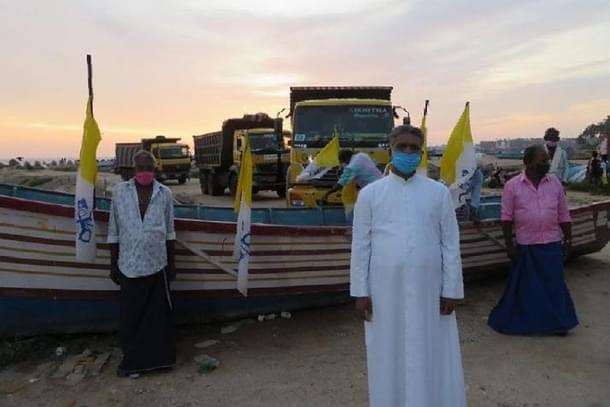
Demands by the Church
The demands raised by Church led protesters are a permanent rehabilitation programme, subsidy for kerosene which is used as fuel in fishing boats, compensation for lost work days, finding solution to sea erosion, providing rented accommodation and halting construction of port.
Except for the demand for rented accommodation and a halt on port construction work, the state government and the church have reached a consensus on other demands.
Solutions provided by the government to resolve Church’s demands include Rs 2,450 crore Punargeham project for rehabilitation, kerosene subsidy of Rs 25 per litre, ensuring work under Ayyankali and Mahatma Gandhi job guarantee schemes, expert panel to study coastal erosion.
Regarding the hike in rental subsidy, the state government stated that it would provide Rs 5,500 and Adani group would provide an additional Rs 2,500 for each family.
However, the Church rejected the additional amount which would be provided by the Adani group under CSR provisions.
The state government has rejected the demand for a halt on port construction and assured the Church representatives of taking necessary action based on the report from the expert committee.
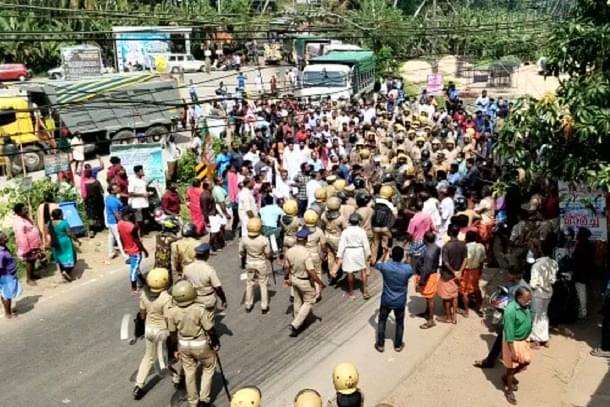
Resumption of port construction by Adani?
Having encountered setbacks from Church led protestors, Adani Group which is building the Vizhinjam international port may commence work only after receiving an official communication from the state government.
The port’s construction was halted for the last four months due to protests.
When the company resumed the construction of the port in November, it faced stiff resistance which led to violent situations around the construction site and attacks on police stations injuring several police personnel.
On 26 November, those protesting against the seaport blocked trucks carrying construction materials to the site. They violated even the assurances given to the Kerala High Court regarding this matter.
According to some estimates, the company has already suffered Rs 200 crore loss due to these delays.
Supporters of the port project fear that any further delay in its completion would increase the project's cost and damage the investment’s confidence, particularly in the crucial coastal state of Kerala.
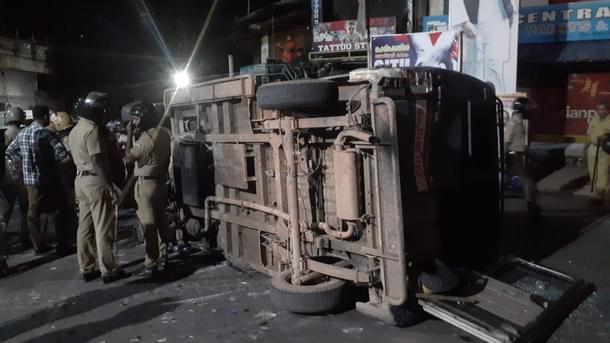
Significance of Vizhinjam Port
The deep-water, multipurpose, international seaport and container transshipment terminal at Vizhinjam is being constructed by Adani Vizhinjam Ports Pvt Ltd (AVPPL). It is expected to boost India's maritime ambitions significantly.
The port project was signed during the tenure of the Congress-led UDF government led by Chief Minister Oommen Chandy. The Adani Group and the Kerala government signed a Rs 7,525 crore deal, but the project hit several roadblocks and controversies.
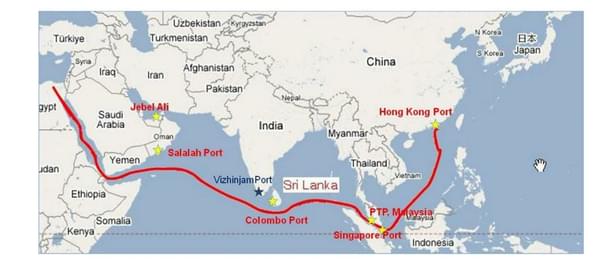
Once complete, Vizhinjam will emerge as a significant competition to the transshipment ports of Colombo, Singapore and Dubai as it is the only transshipment hub in the Indian subcontinent, closest to the international shipping routes, and is centrally located on the Indian coastline. It has a natural draft of 20-24 m and minimal littoral drift.
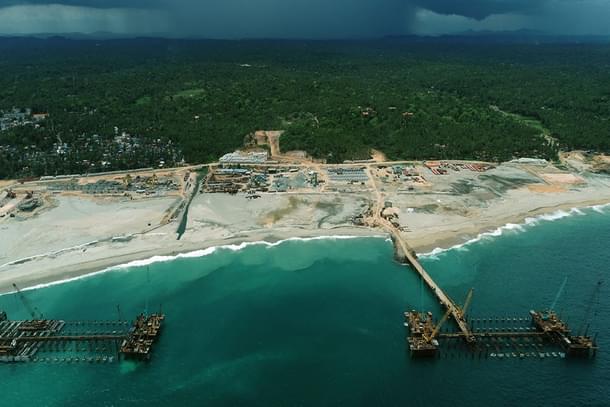
The port will also offer infrastructure to handle Megamax containerships. Its capacity in phase-1 is 1 million TEUs; in subsequent phases, another 6.2 million TEUs will be added.
However the port’s construction was halted for the last four months due to protests led by the church.
(With inputs from PTI)





